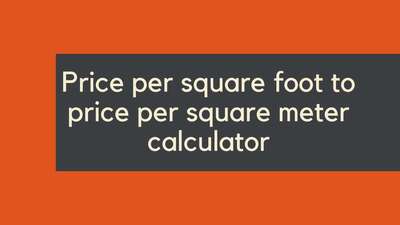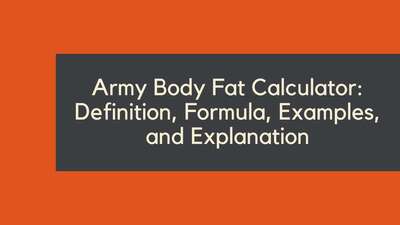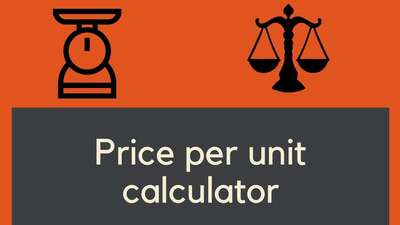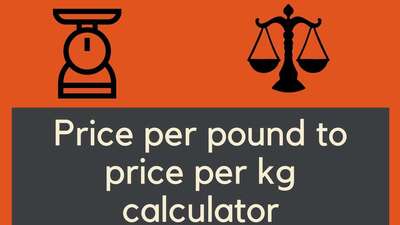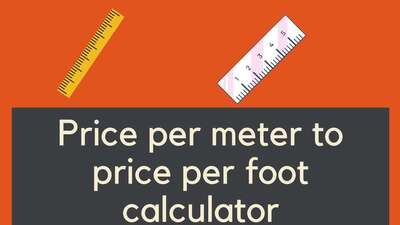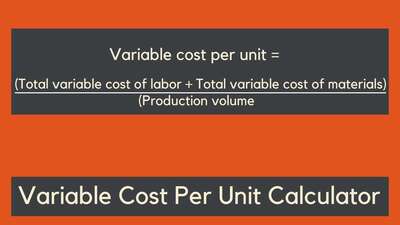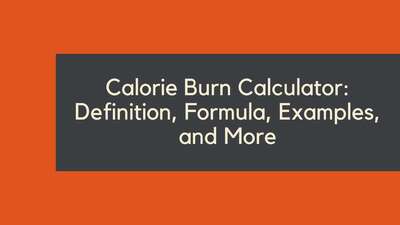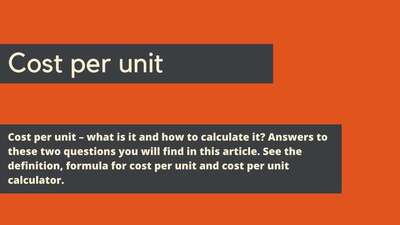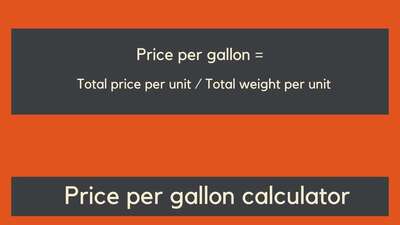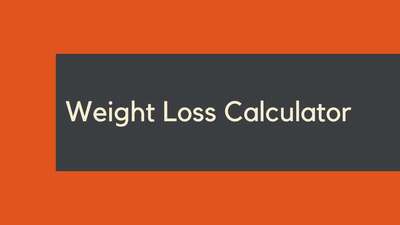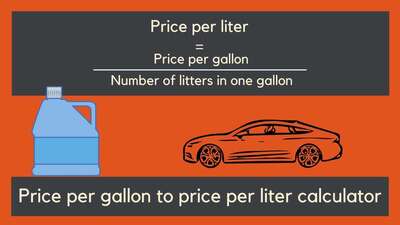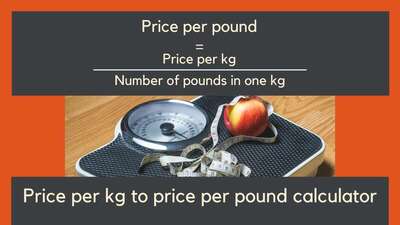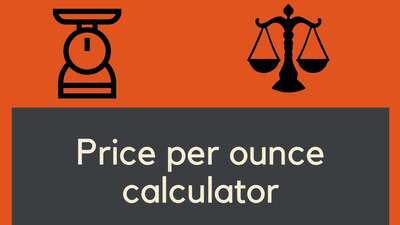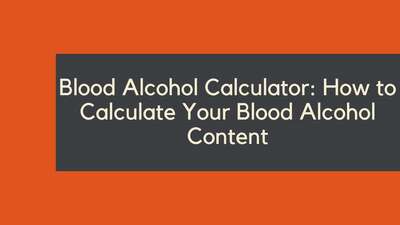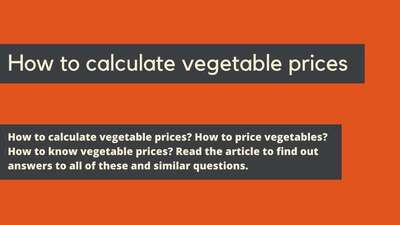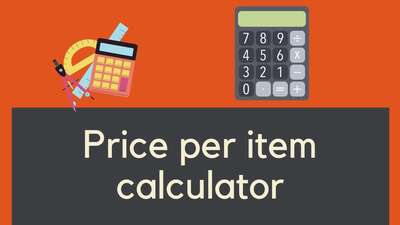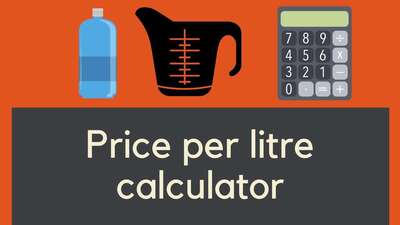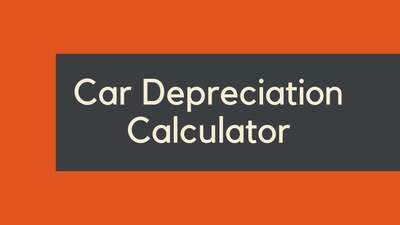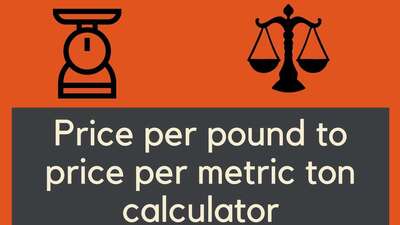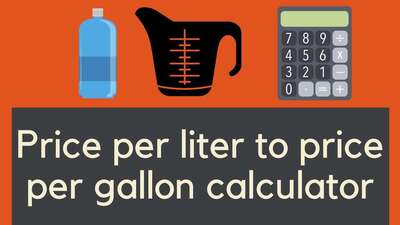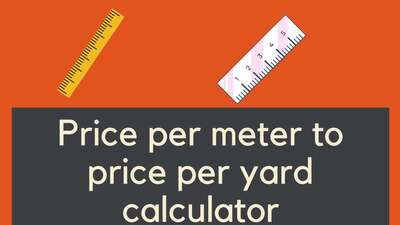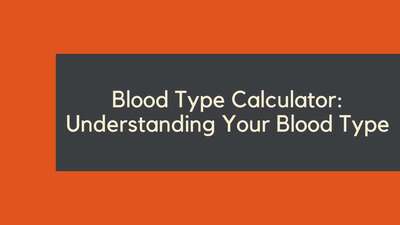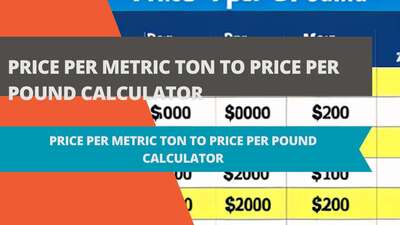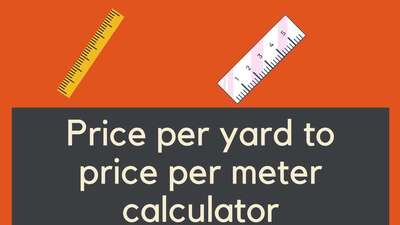Calorie Needs Calculator: What Is It and How Does It Work?

- What is a Calorie Needs Calculator?
- The Formula for Calculating Calorie Needs
- Practical Example: Calculating Daily Calorie Needs
- Understanding Calorie Needs
- How to Use a Calorie Needs Calculator
- Nutritional Factors Influencing Caloric Needs
- Key Takeaway
- Impact of Age and Gender on Caloric Requirements
- Considerations for Different Life Stages
- Calorie Needs for Specific Health Conditions
- Pregnancy and Breastfeeding
- Balancing Calorie Intake with Physical Activity
- Dietary Adjustment for Activity Levels
- Psychological Aspects of Calorie Counting
- Mindful Eating Strategies
- FAQ: Common Questions About Calorie Needs Calculators
- What is a calorie deficit?
- What is a calorie surplus?
- How accurate are calorie needs calculators?
- Do I need to count calories to maintain a healthy weight?
- How often should I recalculate my calorie needs?
- Are there any limitations to using calorie needs calculators?
- Conclusion
When it comes to maintaining a healthy weight, understanding how many calories your body needs each day is an essential first step. This information can help you make informed decisions about your diet and exercise routine, and ensure that you're consuming the right amount of food to support your goals.
Fortunately, there are many tools available online to help you calculate your daily calorie needs. In this article, we'll explore what a calorie needs calculator is, how it works, and how you can use it to optimize your health and wellbeing.
What is a Calorie Needs Calculator?
A calorie needs calculator is a tool that estimates how many calories your body needs to maintain your current weight, based on your age, sex, weight, height, and activity level. It takes into account your basal metabolic rate (BMR), or the number of calories your body burns at rest, as well as the calories you burn through physical activity.
Knowing your daily calorie needs can help you plan your meals and snacks to ensure you're eating enough to support your energy needs, without consuming more than you need, which can lead to weight gain.
The Formula for Calculating Calorie Needs
The formula for calculating your daily calorie needs is relatively simple. However, it's important to note that the exact number of calories you need each day can vary based on a variety of factors, including your age, sex, weight, height, and activity level.
The most commonly used formula for calculating daily calorie needs is the Harris-Benedict equation, which takes into account your BMR and activity level. The equation is as follows:
BMR x Activity Factor = Daily Calorie Needs
To calculate your BMR, use the following formulas, based on your sex:
- For men: BMR = 88.362 + (13.397 x weight in kg) + (4.799 x height in cm) - (5.677 x age in years)
- For women: BMR = 447.593 + (9.247 x weight in kg) + (3.098 x height in cm) - (4.330 x age in years)
Once you've calculated your BMR, you can determine your activity factor based on your level of physical activity. The activity factors are as follows:
- Sedentary: 1.2 (little or no exercise)
- Lightly active: 1.375 (light exercise or sports 1-3 days per week)
- Moderately active: 1.55 (moderate exercise or sports 3-5 days per week)
- Very active: 1.725 (hard exercise or sports 6-7 days per week)
- Extra active: 1.9 (very hard exercise or sports, physical job or training twice per day)
Once you've determined your BMR and activity factor, simply multiply the two together to determine your daily calorie needs.
Practical Example: Calculating Daily Calorie Needs
Let's explore a practical example to understand the calculation of daily calorie needs using a specific scenario:
A 35-year-old woman, weighing 70 kg and standing 165 cm tall, exercises 3-5 days per week.
Her Basal Metabolic Rate (BMR) is calculated using the formula for women: BMR = 447.593 + (9.247 x weight in kg) + (3.098 x height in cm) - (4.330 x age in years), which equals approximately 1,424 calories.
Considering her activity level, her Activity Factor is 1.55, indicating a moderately active lifestyle.
Multiplying her BMR by the activity factor gives her total daily calorie needs: 1,424 x 1.55 = 2,206 calories per day.
Understanding Calorie Needs
This calculation shows that to maintain her current weight, given her age, weight, height, and exercise routine, she needs to consume approximately 2,206 calories each day.
Key Takeaway
This example highlights the importance of individual factors like age, weight, height, and physical activity in determining daily calorie needs.
How to Use a Calorie Needs Calculator
Using a calorie needs calculator is easy. Simply input your age, sex, weight, height, and activity level into the calculator, and it will generate an estimate of your daily calorie needs.
There are many calorie needs calculators available online, and most are free to use. Some popular options include:
- MyFitnessPal: This popular app offers a free calorie needs calculator, as well as other tools to help you track your diet and exercise.
- Calculator.net: This website offers a free Harris-Benedict equation-based calorie needs calculator, as well as other health and wellness calculators.
- Healthline: This website offers a free calorie needs calculator, as well as articles and resources on health and wellness topics.
Once you've calculated your daily calorie needs, you can use this information to plan your meals and snacks to ensure that you're consuming the right amount of food to support your goals. You can also use this information to track your calorie intake and make adjustments as needed to maintain a healthy weight.
Nutritional Factors Influencing Caloric Needs
The calculation of daily caloric needs is significantly influenced by the balance of macronutrients (carbohydrates, proteins, and fats) and micronutrients (vitamins and minerals). Each of these plays a crucial role in determining the overall energy requirements of an individual.
-
Carbohydrates: As the body's primary energy source, carbohydrates have a direct impact on caloric needs. They are essential for fueling brain function and physical activities.
-
Proteins: Necessary for muscle repair and growth, proteins also contribute to satiety and can influence the total caloric intake required for healthy body function.
-
Fats: While dense in calories, fats are vital for nutrient absorption and providing energy, especially for longer-duration activities.
-
Micronutrients: Though they don't provide calories, vitamins and minerals are pivotal in regulating metabolic processes that influence energy consumption and utilization.
Key Takeaway
Understanding the role of these nutritional components is essential for accurately estimating calorie needs and for making informed dietary choices that support overall health and wellness.
Impact of Age and Gender on Caloric Requirements
Caloric requirements vary significantly based on age and gender, influenced by factors like hormonal changes, muscle mass, and metabolic rates. These differences are crucial in determining individual dietary needs.
-
Age: As people age, their metabolic rate generally decreases, leading to reduced caloric needs. This is often coupled with changes in physical activity levels and muscle mass.
-
Gender: Men typically have a higher muscle mass and a faster metabolism, resulting in higher calorie requirements compared to women.
Considerations for Different Life Stages
Adolescents, adults, and seniors have distinct nutritional needs. For instance, adolescents may require more calories during growth spurts, while seniors might need fewer calories but more of certain nutrients.
Conclusion
Understanding these variations is essential for tailoring dietary plans to individual needs, ensuring adequate nutrition across different stages of life and for both genders.
Calorie Needs for Specific Health Conditions
Understanding how certain health conditions affect caloric requirements is vital for effective dietary management. Conditions like diabetes, heart disease, or thyroid disorders can significantly alter an individual's metabolic rate and energy needs.
-
Diabetes: Careful calorie management is essential for blood sugar control, often requiring tailored diets to manage carbohydrate intake.
-
Heart Disease: Caloric intake may need to be adjusted to manage weight and reduce strain on the heart, with an emphasis on heart-healthy nutrients.
-
Thyroid Disorders: These can either increase or decrease metabolic rates, necessitating adjustments in caloric intake for weight management.
Pregnancy and Breastfeeding
During pregnancy and breastfeeding, women's caloric needs increase to support fetal growth and milk production, requiring a balanced intake of additional nutrients.
Conclusion
Personalizing caloric intake based on specific health conditions and life stages like pregnancy is key to maintaining optimal health and well-being.
Balancing Calorie Intake with Physical Activity
Understanding the relationship between calorie intake and physical activity is essential for maintaining a healthy lifestyle. Different types of activities, from sedentary behavior to intense exercise, significantly influence daily calorie requirements.
-
Strength Training: This type of activity increases muscle mass, which can boost metabolic rate and increase calorie needs.
-
Cardiovascular Exercise: Activities like running or swimming burn a significant number of calories, requiring a higher calorie intake for energy replenishment.
-
Sedentary Lifestyle: Lower activity levels reduce calorie needs, emphasizing the importance of calorie control in diet.
Dietary Adjustment for Activity Levels
It's important to adjust your diet based on your activity level to ensure you're consuming enough calories for energy without overeating.
Conclusion
Balancing calorie intake with physical activity levels is crucial for achieving and maintaining a healthy weight and overall wellness.
Psychological Aspects of Calorie Counting
While calorie counting can be a useful tool for managing diet and maintaining a healthy weight, it's important to consider its psychological impact. For some, it can lead to an unhealthy obsession with food and eating habits.
-
Benefits: Calorie counting can increase awareness of food choices and portion sizes, aiding in weight management.
-
Drawbacks: It can sometimes lead to stress, anxiety, and a distorted relationship with food, especially if it becomes overly restrictive.
Mindful Eating Strategies
Practicing mindful eating, focusing on nutrient-dense foods, and listening to the body's hunger cues can be more sustainable approaches than strict calorie counting.
Conclusion
It's crucial to find a balanced approach to calorie counting that promotes a healthy relationship with food and supports overall well-being.
FAQ: Common Questions About Calorie Needs Calculators
What is a calorie deficit?
A calorie deficit is when you consume fewer calories than your body needs to maintain its current weight. This can lead to weight loss over time.
What is a calorie surplus?
A calorie surplus is when you consume more calories than your body needs to maintain its current weight. This can lead to weight gain over time.
How accurate are calorie needs calculators?
Calorie needs calculators are estimates, and the actual number of calories you need each day can vary based on a variety of factors, including your age, sex, weight, height, and activity level. However, using a calorie needs calculator can provide a useful starting point for planning your diet and exercise routine.
Do I need to count calories to maintain a healthy weight?
While counting calories can be a helpful tool for some people, it's not necessary for everyone. Eating a balanced diet that includes a variety of nutrient-dense foods, and engaging in regular physical activity, can also help you maintain a healthy weight.
How often should I recalculate my calorie needs?
Your calorie needs can change over time, particularly if you experience significant weight loss or gain, or if your activity level changes. It's a good idea to recalculate your calorie needs every few months to ensure that you're consuming the right amount of food to support your goals.
Are there any limitations to using calorie needs calculators?
Calorie needs calculators are a useful tool, but they do have some limitations. They may not take into account individual variations in metabolism or other factors that can affect calorie needs. Additionally, they should not be used as a substitute for personalized advice from a healthcare professional.
Conclusion
Understanding your daily calorie needs is an important step in maintaining a healthy weight and meeting your fitness goals. By using a calorie needs calculator, you can get a personalized estimate of how many calories you need each day to maintain your weight, lose weight, or gain weight. Remember that calorie needs calculators are estimates, and the actual number of calories you need may vary based on a variety of factors. However, by using this information as a starting point, you can plan your meals and snacks to ensure that you're consuming the right amount of food to support your goals.





![Car Loan Calculator: Definition, Formula, Examples, and FAQs [2023 Guide]](/images/page/400/car-loan-calculator-13.jpg)
